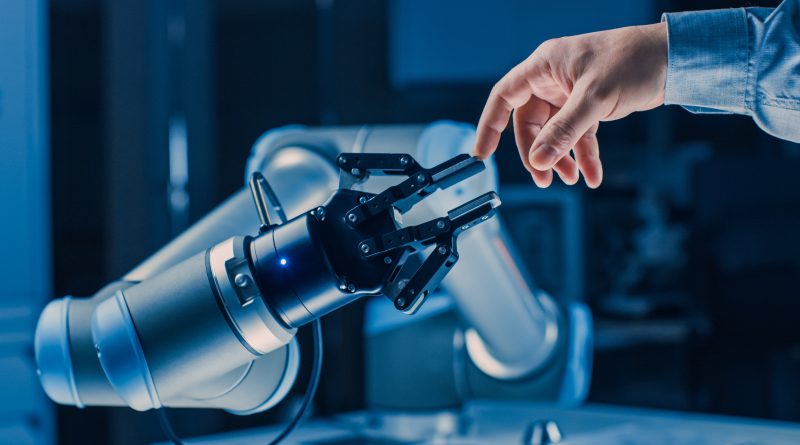Electric Atlas: Boston Dynamics’ Leap in Manufacturing
Boston Dynamics has recently announced a significant milestone in robotic development—the transition of their iconic humanoid robot, Atlas, to electric power. This leap forward marks not just a technological advancement but a potential transformation in manufacturing practices globally. Electric Atlas is poised to redefine the boundaries of robotic assistance in industries by enhancing efficiency, precision, and environmental sustainability. The upgrade aligns with the growing trend towards greener, more sustainable industrial operations, pushing the boundaries of what robots can achieve in real-world environments.
The electric version of Atlas brings with it a suite of advanced capabilities crucial for modern manufacturing landscapes. Enhanced by superior battery technology, the robot boasts longer operational hours and reduced downtime. Precision is another hallmark of the new Atlas, with improved sensor and motor functions that allow for finer control and movement accuracy—qualities essential for tasks requiring meticulous attention to detail, such as electronics assembly and precision engineering. These enhancements make Atlas not only a tool for heavy lifting but also for jobs requiring delicate, precise operations previously thought only achievable by human hands.
Economic Implications for Modern Factories
The introduction of electric Atlas into manufacturing is expected to offer significant economic benefits. By reducing reliance on traditional power sources, factories can decrease their energy costs substantially. Additionally, the precision and efficiency of Atlas can reduce waste and increase production rates, promising a better return on investment compared to traditional robotic systems. As manufacturing demands grow increasingly complex, the adaptability of Atlas offers a scalable solution that can evolve with industrial needs, potentially leading to lower long-term operational costs.
Electric Atlas represents a key player in the movement towards more sustainable manufacturing processes. The shift to electric power significantly cuts down on the carbon footprint associated with robotic operations. Furthermore, Atlas’s enhanced efficiency helps minimize waste production and energy use, crucial factors in achieving sustainability targets. This aligns with broader industry trends where companies are increasingly held accountable for their environmental impact, prompting them to invest in cleaner, more sustainable technologies.
Looking ahead, the integration of humanoid robots like Atlas into everyday industrial operations presents both opportunities and challenges. The technological sophistication of Atlas allows for seamless integration into various manufacturing environments, from automotive to electronics, where precision and adaptability are paramount. However, this integration is not without hurdles; the initial cost, the need for specialized training, and potential resistance from traditional workforce sectors are significant challenges. Overcoming these will require concerted efforts in workforce training, changes in operational protocols, and continuous advancements in robotics technology to ensure compatibility and maximize effectiveness.
Boston Dynamics’ electric Atlas is not just a new product; it is a harbinger of the future of manufacturing—a future where technology and tradition merge to create more efficient, sustainable, and productive industrial environments. As we stand on the brink of this new era, the potential of humanoid robotics to revolutionize manufacturing has never been clearer.
